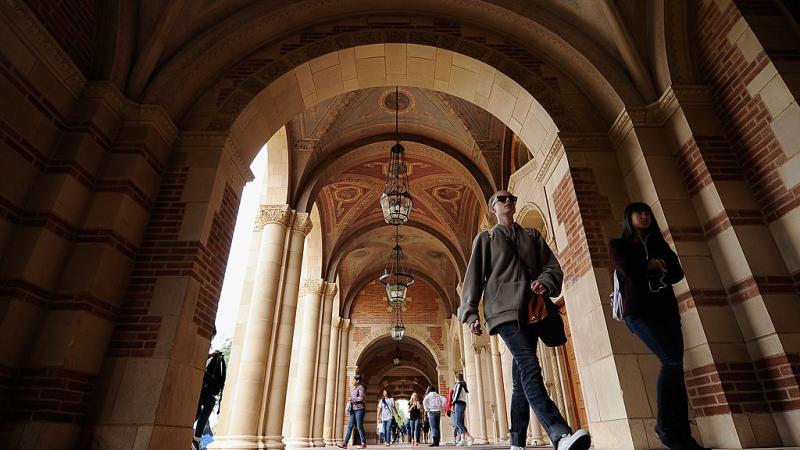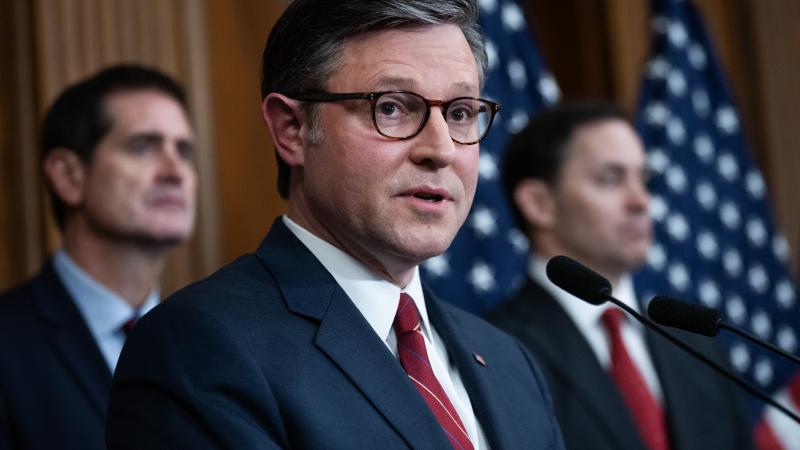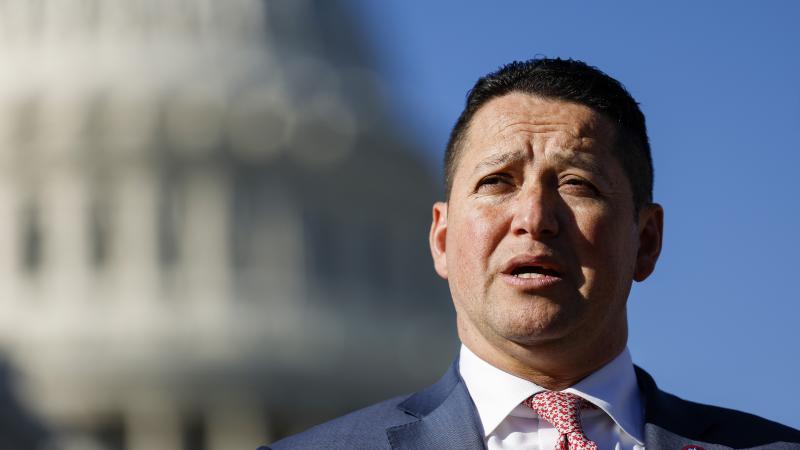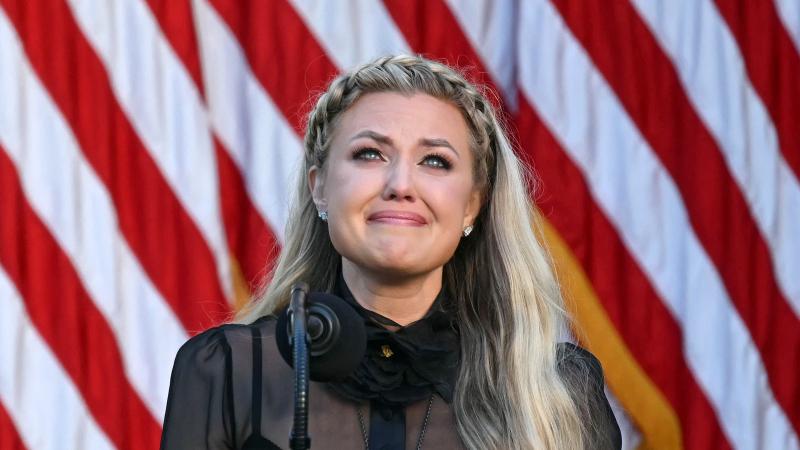Fauci's agency recruiting volunteers for study on COVID-19 vaccine allergic reactions
"Participants who have no or only a mild allergic reaction to the second dose of the vaccine may be eligible to receive a booster dose at the NIH," the agency states.
Dr. Anthony Fauci's National Institute of Allergy and Infectious Diseases (NIAID) is having problems recruiting volunteers who had a negative reaction to the first COVID-19 vaccine dose to take part in a study in which they will receive a second dose.
The study, titled Safety of Administering a Second Dose of a COVID-19 mRNA Vaccine in Individuals Who Experienced a Systemic Allergic Reaction to an Initial Dose, began last July and had its first participant enroll in September.
So far, only 13 volunteers have enrolled, the study's principal investigator Dr. Pamela Guerrerio told The Epoch Times.
"Our study aims to provide a better understanding of the mechanisms responsible for systemic allergic reactions such as hives, swelling, trouble breathing and light-headedness or passing out," she told the outlet.
After having a bad reaction to the first shot, volunteers who receive the second shot are admitted to the NIH hospital in Maryland for at least four days.
"[Study participants] will give urine samples. They will have a nasal swab SARS-CoV-2 test. They will have an intravenous line placed in each arm. They will get the study vaccine (Pfizer-BioNTech COVID-19 vaccine) and one dose of placebo on different days. They will have breathing tests. They may have clinical photography if they develop a rash," according to the study's description on ClinicalTrials.gov.
Study participants will have four follow-up visits over the course of five months.
"Participants who have no or only a mild allergic reaction to the second dose of the vaccine may be eligible to receive a Booster dose at the NIH," the agency states.
NIAID is conducting another study to see whether those with mast cell disorder or a history of allergic reactions have a higher risk of an immediate reaction to the Pfizer or Moderna COVID vaccines. The study, which is expected to be finished by the end of March after starting last April, has not been completed yet, per the agency's website.
Federal data shows that five out of every one million people who receive a COVID-19 vaccine have an allergic reaction, The Epoch Times reported.
"It’s a pretty risky trial for somebody, especially with no way to be refunded for any type of medical bills or any issues following the trial," Skylar Bush told The Epoch Times. She reportedly had a severe reaction after receiving the Moderna COVID-19 vaccine.
"I would be super cautious. Anyone going into that trial, I would try to deter them from doing that," Bush told the outlet. "I love that they’re trying to like investigate clinical trials and do science. I’m pro-science. But they’re doing it with the cart before the horse of the ability to protect these people signing up for the trials because everyone during the trials is going to sign a liability to not be able to sue."
The issue of COVID-19 vaccines has been intensely debated. However, federal and state health officials say vaccines and boosters can keep most patients from getting the most serious cases of COVID-19 leading to hospitalization and death, while also stressing that the vaccine protections wane over time and do allow for breakthrough infections in many Americans.
Federal officials also acknowledge that COVID-19 vaccines have generated a larger than usual number of adverse reaction reports, including suspected deaths and some heart inflammation. Those concerns aside, federal officials say they believe serious vaccine reactions are still fairly rare and in most cases their protections outweigh the risks.















